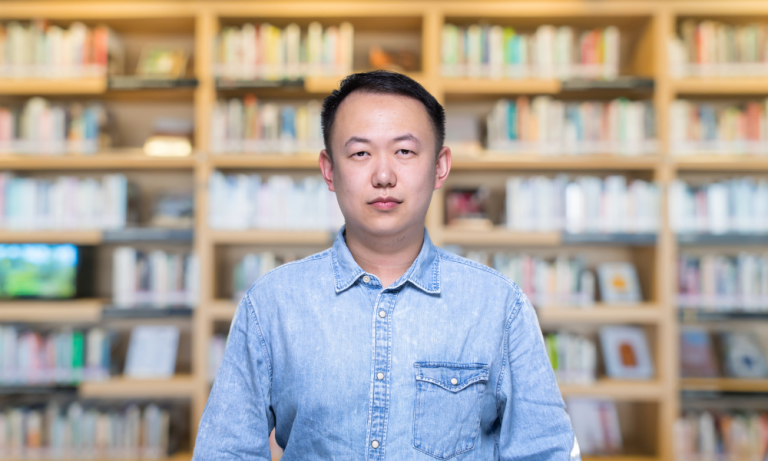

Zhejiang University
Software Engineering
Software Development
Software Engineer
I interned at a renowned international software company (Suzhou branch), the focus of the headquarters’ development in recent years. During my internship, I was in charge of an independent project on an applet tool for internal use. From May to September, a total of four months, the company affirmed my excellent internship performance. “Work-life balance” is advocated in this company, compared with traditional enterprises, but this does not mean that we are slack in our work. We all have tasks to accomplish, and once we get that done, we can manage our time flexibly. Overall, it was a great experience, with excellent welfare and plenty of team-building activities.
Regarding the timeline of summer internships, recruitment fairs typically start in February. Internal referral may allow candidates directly to the interview process, skipping the written test, it is highly encouraged to seize these opportunities. The interview is mainly about coding (algorithm questions), interviewers will tailor their questions based on our past experiences. Generally, there are two to three rounds of interviews, with a moderate difficulty level.
The key to finding an internship is to have a plan. It is necessary to collect the recruitment plan information of target companies, such as when they start internship recruitment, when they conduct interviews/written tests, and make corresponding preparations based on our own situation. For students switching majors, you may be a little bit weak in foundation. The suggestion is to focus on the courses in the first semester, lay a solid foundation, and prepare for interviews during the winter break, there shall be enough time. Our second semester starts in January, and in very February is the time to submit resumes. Apart from studying, the focus of the second semester is to send out resumes, participate in interviews, and find your desired company.
As mentioned before, coding ability is crucial for algorithmic questions in interviews. The class ECE551 and coding platforms like LeetCode helped a lot. Some domestic companies may check fundamental knowledge, which is covered in our first-semester courses. ECE550 and ECE551 provide us with comprehensive insights into fundamental algorithms, allowing us to go deeper into various aspects of computer science. If the interview question is beyond your knowledge, you may mention related knowledge of the question to save the interview. It can be said that all the knowledge learned from courses is helpful for our interviews.
Based on my experience, I would like to give some advice to future students on internships. Course projects can be included in your resumes, interviewers will be interested to know about them, so you must have a good understanding of the details and content of these projects. If have extra energy to learn more, you can do some projects on shared platforms such as GitHub. These projects don’t need to be complex, but they should demonstrate the use of knowledge and tools. A 100% understanding of these projects will be helpful.
It is always important to focus on course study and build a solid foundation, if you have a particular interest in a certain direction, you can specialize a little more. Additionally, try to find referrals from seniors or seize the opportunities from our program, as internal referrals work for most companies.
